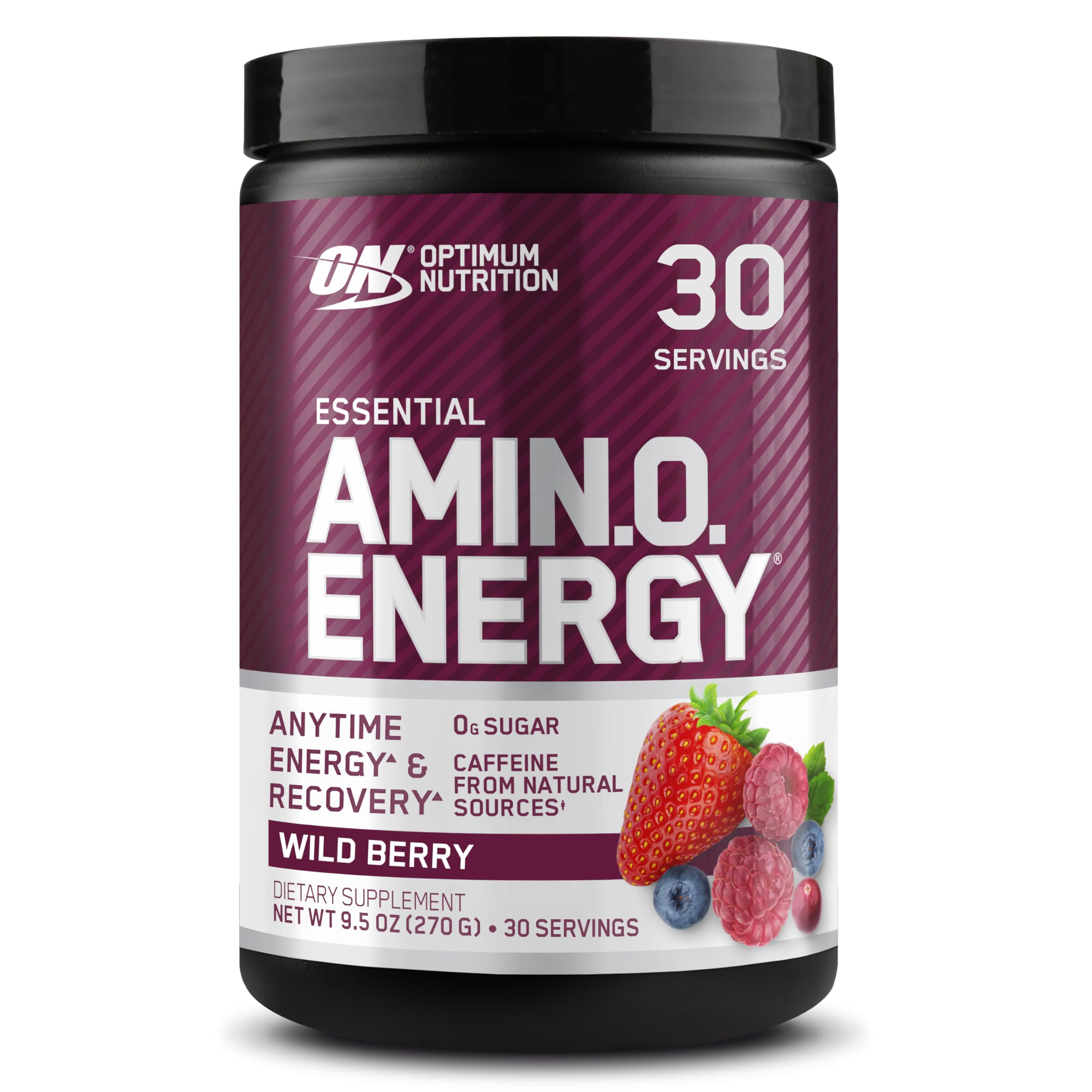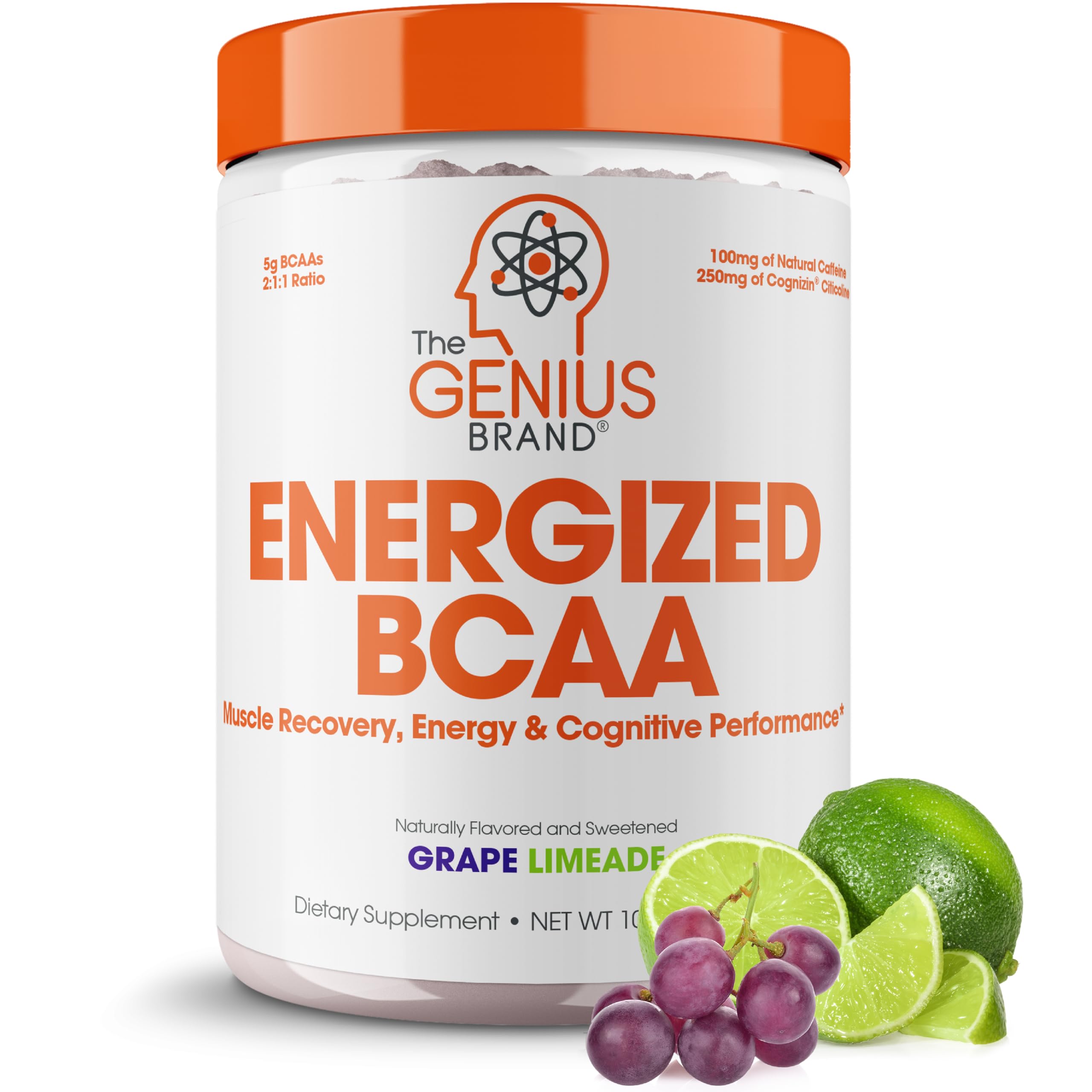Essential Guide to BCAA in 2025: Smart Ways to Enhance Workout Performance
As workout enthusiasts continue to seek ways to improve their performance and recovery, Branched-Chain Amino Acids (BCAAs) have emerged as a key player in the supplement world. The year 2025 sees advanced research showcasing the many BCAA Vorteile that these essential amino acids offer. Not only do they support muscle growth, but they also play a crucial role in enhancing recovery and performance during workouts.
This guide explores the latest insights on BCAA Einnahme, optimal BCAA Dosierung, and the science behind BCAA Wirkung for muscles. We will delve into the benefits of BCAAs for different types of athletes, their impact on fat loss, and evidence-based recommendations for effective use. Additionally, this article will highlight the different forms of BCAAs available, from powders to capsules, and compare them against other protein sources.
Whether you’re a bodybuilder, endurance athlete, or just starting your fitness journey, understanding BCAAs can empower you to make informed decisions about supplementation and enhance your overall performance. Let’s dive into the world of BCAAs and uncover the smart ways you can integrate them into your fitness regimen.

Understanding BCAAs: Overview and Fundamentals
What are BCAAs?
BCAAs, or Branched-Chain Amino Acids, refer to three essential amino acids: leucine, isoleucine, and valine. These play critical roles in protein synthesis and energy production. Unlike most amino acids, BCAAs are primarily metabolized in the muscle rather than the liver, making them particularly vital for athletes and bodybuilders aiming to optimize performance and recovery.
Historical Context and Development
The discovery of BCAAs dates back to the early 1970s when researchers began to identify the unique benefits of these amino acids on muscle recovery and growth. Since then, BCAAs have become a staple in sports nutrition, evolving in formulation and application as new research emerges. Understanding their history helps us appreciate their current relevance in fitness.
Current Trends in BCAA Supplementation
In 2025, the landscape of BCAA supplementation has seen significant changes. With an increase in scientific studies highlighting their advantages, consumers are more aware of the various forms available, including BCAA Powder and BCAA Kapseln. Moreover, the growing trend towards personalized nutrition means that athletes can choose BCAAs tailored to their specific training goals and dietary needs.
Building on these fundamentals, let’s explore the benefits and effects of BCAAs in more detail.
Top Benefits of BCAAs for Athletes
Enhancing Muscle Growth
Research indicates that BCAAs, particularly leucine, play a pivotal role in stimulating muscle protein synthesis. This makes BCAAs incredibly effective for muscle growth ([BCAA für Muskeln](https://vertalen.info/?p=1061)). Incorporating BCAAs into your regimen promotes greater muscle hypertrophy and overall performance.
Accelerating Recovery
One of the primary reasons athletes choose BCAAs is their ability to speed up recovery after intense workouts. Studies show that BCAAs can reduce muscle soreness and damage, allowing athletes to train more effectively and frequently without prolonged fatigue ([BCAA für Regeneration](https://vertalen.info/?p=1055)).
Supporting Fat Loss
BCAAs have also shown promising results in aiding fat loss. They help maintain lean muscle mass while promoting a more effective fat-burning process during workouts. This is particularly beneficial for those aiming to achieve a caloric deficit without sacrificing muscle integrity.

With these benefits established, let’s proceed to how to properly incorporate BCAAs into your fitness routine.
How to Properly Use BCAAs for Maximum Effect
When to Take BCAAs
The timing of BCAA intake can significantly influence their effectiveness. For optimal results, consider taking BCAAs both before and after workouts. Consuming them pre-workout can provide the necessary energy boost and protect muscles from breakdown, while post-workout consumption supports recovery.
Understanding BCAA Dosierung
The appropriate BCAA Dosierung varies depending on individual goals, body weight, and workout intensity. Most athletes benefit from a daily dosage of 5-20 grams, with adjustments as needed based on specific training demands and dietary intake. Tracking your body’s response can help optimize your dosage further.
Choosing Between BCAA Forms
There are various forms of BCAA supplements available, including powders, capsules, and ready-to-drink beverages. Each form offers unique benefits, such as convenience or rapid absorption rates. Personal preference and specific lifestyle needs should guide your choice.
Taking this concept further, let’s explore the science behind BCAAs and how they affect performance and recovery.
The Science Behind BCAAs: Mechanisms of Action
BCAAs and Protein Synthesis
BCAAs directly influence the pathway that stimulates muscle protein synthesis through signaling processes. Research supports that adequate BCAA levels lead to increased activation of the mTOR pathway, optimizing muscle growth and repair. This profound impact is why BCAAs are essential for anyone focusing on muscle development.
BCAAs and Muscle Recovery
During and after exercise, BCAAs serve as a source of energy and help mitigate muscle damage. This is primarily due to the way BCAAs reduce levels of creatine kinase and other markers associated with muscle injury. Their role in muscle recovery is fundamental for sustained performance over time.
BCAAs vs. Other Protein Sources
Comparing BCAAs with traditional protein supplements like whey can clarify their roles in nutrition. While whey protein contains all essential amino acids, BCAAs are critical for immediate muscle recovery due to their rapid absorption. Understanding these differences can help optimal decision-making in supplementation for athletes.
With a solid grasp of BCAAs’ science and benefits, let’s discuss their potential side effects and precautions.
Potential Side Effects of BCAA Supplementation
Common BCAA Nebenwirkungen
While BCAAs are generally safe for most individuals, some may experience side effects such as fatigue, nausea, or digestive discomfort. It’s crucial to start with lower doses and observe your body’s response before increasing intake.
BCAAs and Hydration
Maintaining proper hydration during BCAA supplementation is essential, especially for athletes. Dehydration can occur if BCAAs are taken without adequate fluid intake, potentially leading to decreased performance. Always ensure sufficient water consumption while using BCAA supplements.
Consulting with Experts
Before starting any new supplement, it’s advisable to consult with a healthcare provider or a sports nutritionist. They can provide personalized guidance based on your health status and fitness goals, ensuring safe and effective use of BCAAs.
Following this, we will answer some common questions related to BCAAs to clarify any lingering doubts.
Q&A: Common Questions About BCAAs
What are the best times to take BCAAs?
The ideal times to take BCAAs are before, during, and after workouts. This timing maximizes their effects on energy, performance, and recovery.
Can I get enough BCAAs from my diet?
While whole food sources like meat and dairy provide BCAAs, many athletes find it challenging to meet their needs through diet alone, especially during intensive training periods. Supplementing with BCAAs ensures adequate intake.
Are BCAAs effective for vegetarians and vegans?
BCAAs can benefit vegetarians and vegans by providing essential amino acids that may be lacking in plant-based diets. For those individuals, choosing high-quality BCAA supplements formulated without animal products is crucial.
Do BCAAs help with weight loss?
Yes, BCAAs can assist with weight loss by preserving lean muscle mass during fat loss. They help maintain a higher metabolic rate, which is beneficial for those engaging in caloric deficits.
What is the difference between BCAAs and EAAs?
BCAAs are a subset of essential amino acids (EAAs) specifically known for their muscle recovery and growth benefits. While both are important, BCAAs are often used for their immediate effects during workouts.
In summary, BCAAs present a powerful tool for enhancing workout performance, recovery, and overall athletic success. Their benefits extend across various types of training, making them a valuable addition to any fitness regimen. Embracing BCAAs can lead to noticeable improvements in muscle health and energy management while ensuring that you enjoy a fulfilling and effective training journey.
